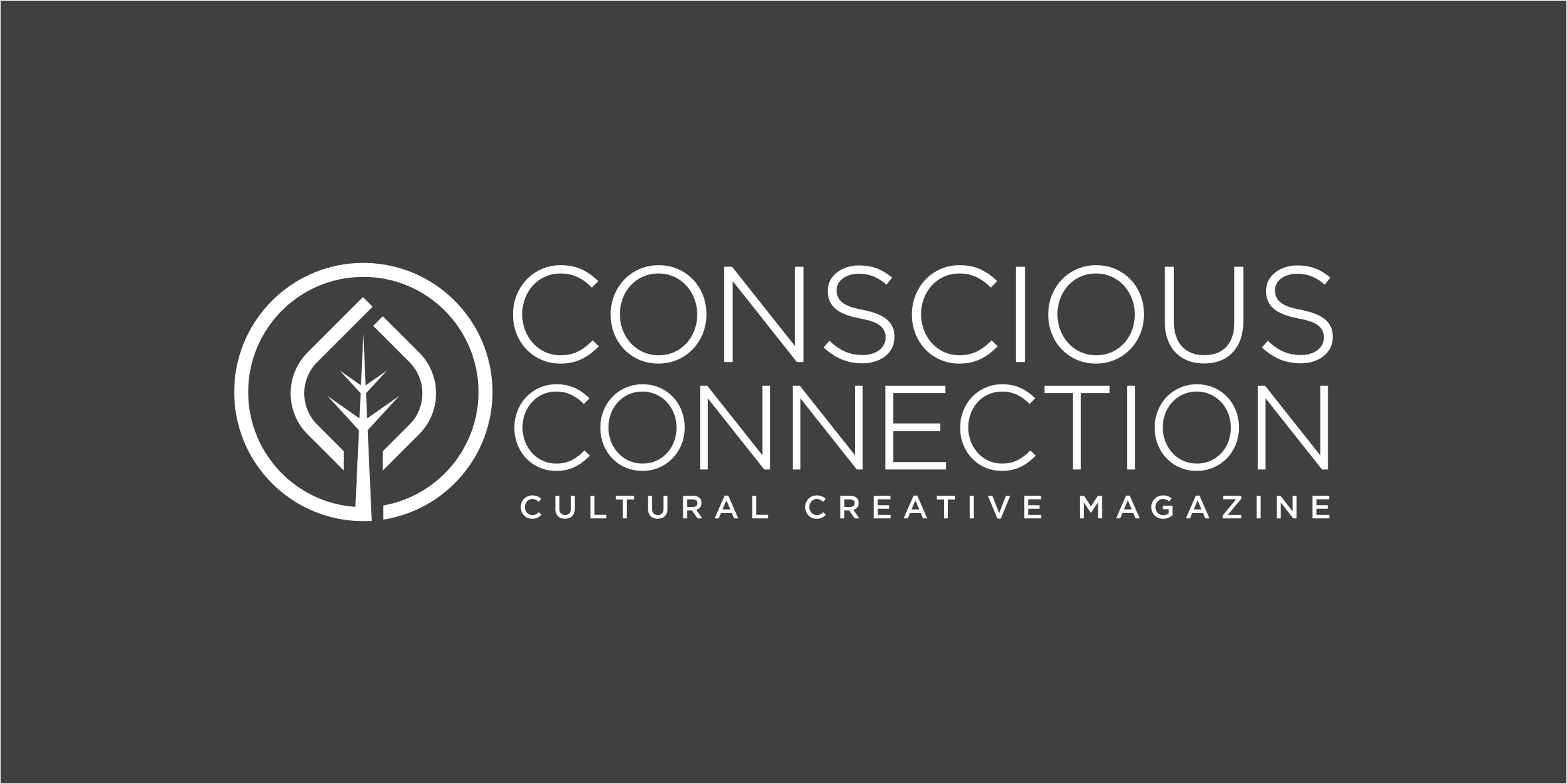If you accept the premise that all change starts from within, then there exists no more powerful way to change our world than through the cultivation of an enlightened mind. However, bringing the enlightened mind and its’ superior ways of living into the midst of daily life remains the unique challenge and calling for people in the western world today.
The term evolutionary enlightenment refers specifically to awakening to a new, progressive form of traditional enlightenment that recognizes the ground of all “Being” as pure consciousness (the goal of traditional enlightenment) and merges this experience with the element of “Becoming” or creative engagement with the world. These two states: “Being” and “Becoming” are the framework for what spiritual teacher Andrew Cohen calls evolutionary enlightenment. The first step to achieving evolutionary enlightenment is to awaken to the stages of consciousness that have come before it.
Throughout the history of the universe, consciousness has been evolving. This idea makes the most sense when evolution is viewed as an intelligently guided process that has a direction, a hierarchical structure and a purpose. If one were to look at the evolution of humans on Earth, with each subsequent step our species has made forward, there has been an equal increase in the level of consciousness or perspective with which we perceived our reality. Integral philosophers like Ken Wilber and Steve McIntosh expanding on the work of Pierre Teilhard de Chardin & Jean Gebser have identified these different stages as follows:
I. Archaic (instinctual): This level of consciousness signifies the earliest human beings. As Gebser describes it, the consciousness of the individual is barely distinct from its environment. Seen today primarily in infants.
II. Magic (egocentric): This stage emerged with tribal cultures and is seen around the world today in nature-based religions and rituals. In this structure, Gebser explains, one’s sense of self is inextricably linked with one’s tribe or clan.
III. Mythic (traditional): This stage emerged with the great monotheistic religious traditions, and it represents the expansion of the individual’s identity to include an entire nation or belief system. According to Gebser, this is the first time an “awareness of soul” appears within the self.
IV. Mental-Rational (modern): The stage of scientific rationality and reason that rose prominence during the Western Enlightenment. For the rational human being, says Gebser, “the world which he measures to which he aspires, is a material world – a world of objects outside of himself.”
V. Pluralistic (postmodern): Emphasizing multiculturalism and egalitarianism, this stage flowered with the civil rights and environmental movements of the 1960s. Gebser coined the term “aperspectival” to describe the pluralistic self’s ability to see and appreciate multiple perspectives.
VI. Integral (Post-postmodern): In the integral stage, which is still just beginning to emerge, human consciousness is for the first time understood to develop through a hierarchical series of distinct structures, and evolution supersedes egalitarianism as the primary value.
Awakening to these different stages of consciousness allows us a take a step back and examine the bigger picture of what is going on in the world. Ultimately, all the great revolutions of the past began with a shift in consciousness and the way we perceived our place in the universe. Much like people hundreds of years ago were forced to come to terms with the fact that the Earth is round and the sun is the center of our solar system, today we are being shown the truth of our multi-dimensional existence.
The Integral perspective allows us for the first time to recognize the previous stages of consciousness that came before it and include their contributions to the advancement of human knowledge while also recognizing the pathologies inherent in each one. For example, the post-modern worldview was instrumental in the creation of the civil rights and environmental movement, but lacked in the area of the acknowledgement and importance of hierarchical structure. The Integral perspective seeks to synthesize these views by taking the best each has to offer.
The Integral perspective allows spirit back into the scientific equation and recognizes human consciousness as fundamental to the beginning of the universe as energy itself. This is realized through achieving higher states of awareness and beginning to create ones reality from those states.



